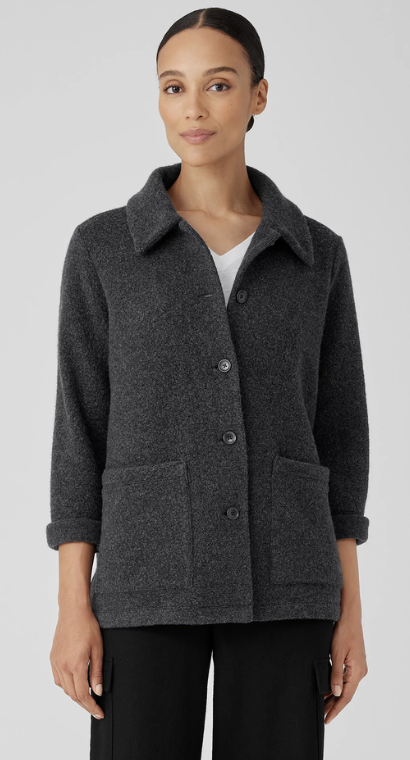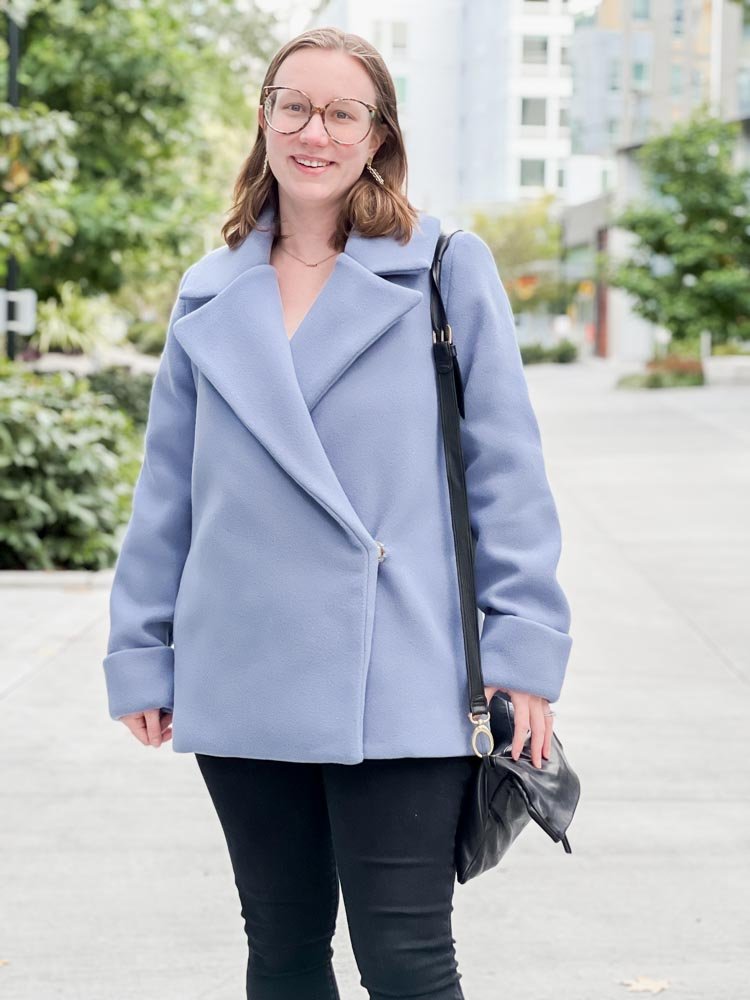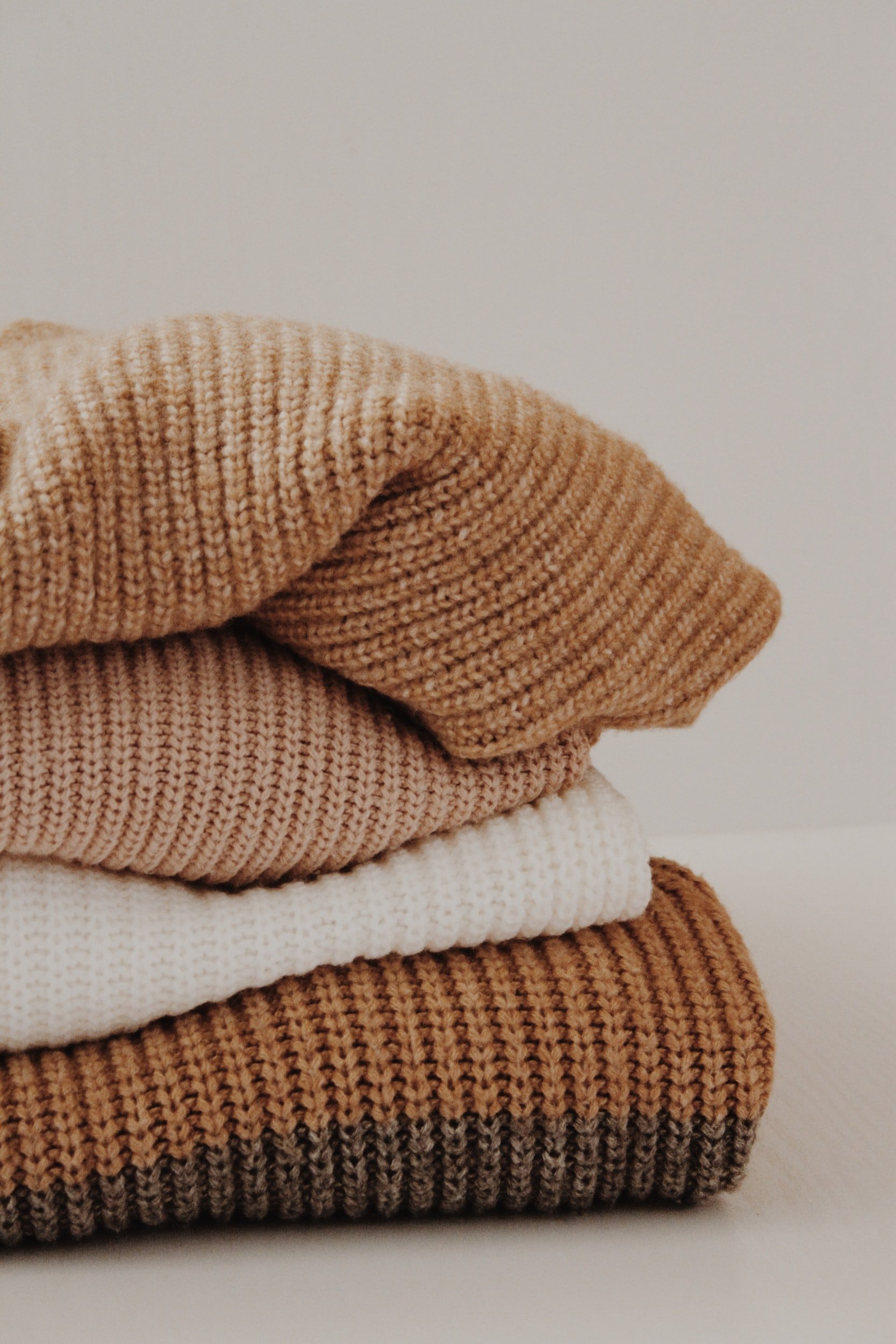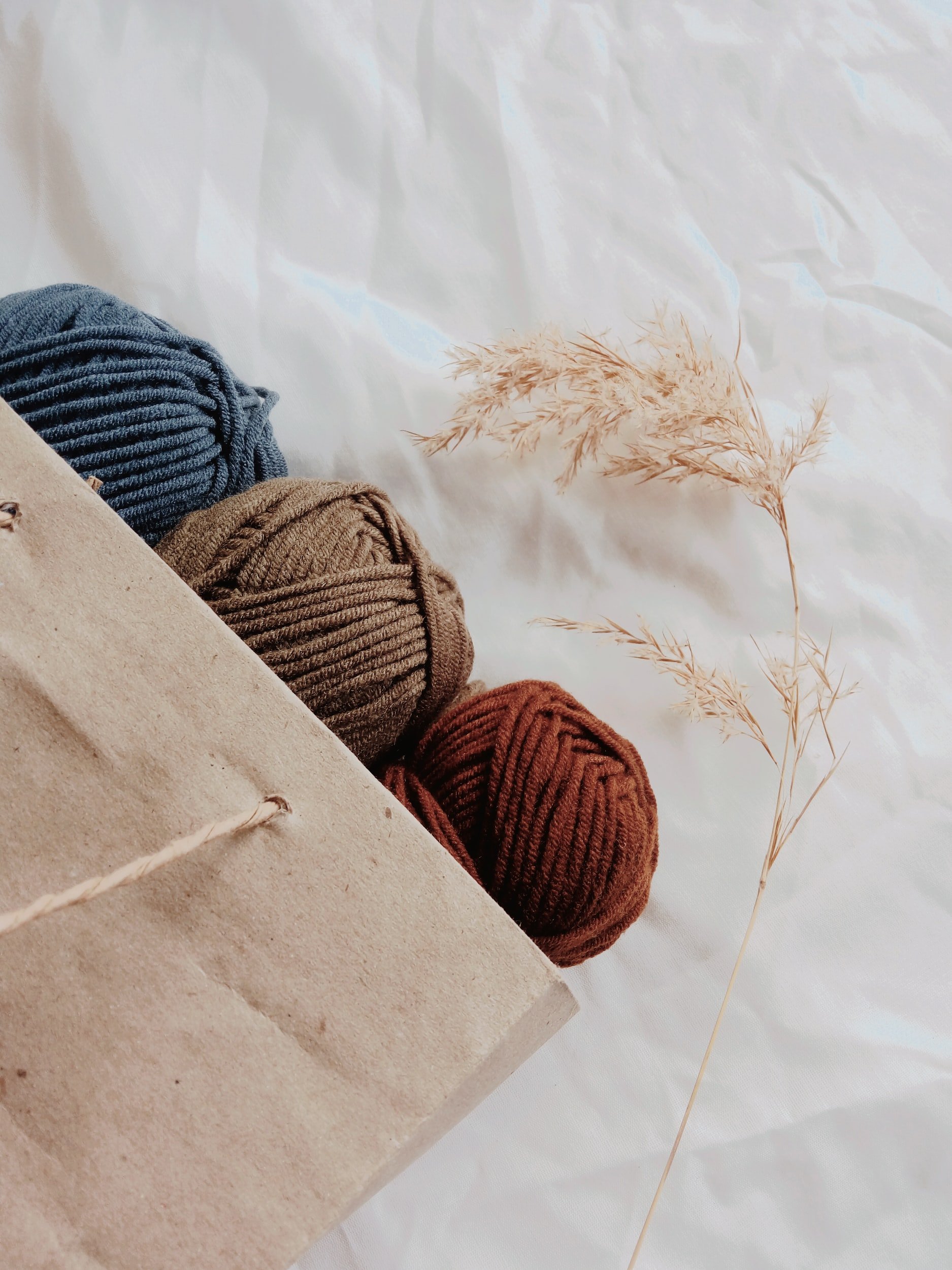5 Ethical & Sustainable Wool Clothing Brands for Cozy Style
Wool has been known as a wonderful winter fabric for keeping warmed used quite a bit in high fashion.
Let’s explore the ethics and sustainability of wool.
This guide also features a few socially responsible wool brands that are transparent in the sustainability of their wool.
Keratin, a protein of wool fiber, degrades completely when it comes in contact with microorganisms and when broken down, does not produce any harmful substances.
Hence, wool is touted as a fiber that is 100% biodegradable making this a sustainable wardrobe option.
When this wool is disposed of, it will decompose and become part of the soil in months or years depending on the temperature and activity of microorganisms.
However, it’s important to find wool that is responsibly made with animal welfare in mind.
This post does contain some affiliate links which means The Honest Consumer will receive a commission if you decide to purchase, however, at no additional cost to you!
5 Ethical & Sustainable Wool Brands
Thankfully these brands are choosing transparency and social responsibility when it comes to their supply chain and wool sourcing.
If you’re looking to purchase a wool coat, sweater, or more, I’d encourage you to consider these responsible brands.
EILEEN FISHER’s regenerative and responsible wool
Price: Starts around $300, but check Nordstrom Rack for discounted pieces
Eileen Fisher follows a circular model. They choose regenerative and renewable fibers, making recyclable clothes. They also follow smarter, more sustainable production processes.
Expertly spun in Italy, their signature merino yarns are smooth and sensuous, with quality they've counted on for more than two decades. The wool is not only responsibly sourced, it's helping to regenerate depleted grassland in Argentina with potential to sequester carbon and fight climate change.
Their wool supports Argentinian ranchers who regenerate depleted grasslands through holistic farming methods while ensuring that better animal welfare practices are in place.
Aventura’s Family Owned Clothing Brand
Price: Starts at $65
Aventura Clothing is thoughtfully designed by women, for women. This brand is dedicated to using sustainable, low-impact fabrics and collaborating with Fair Trade Certified™ factories to design women’s clothing that is both stylish and comfortable.
Aventura has a variety of women’s sweaters that feature merino wool that can be a great choice for keeping warm.
Picture by previously featured brand Amour Vert. What happened to Amour Vert?
Allbirds Sustainable Wool Shoes & Clothing
Price: Starts around $100.
Allbirds is a sneaker company that makes their sneakers from sustainably sourced wool. Allbirds has also recently expanded into clothing that features their merino wool.
They even have wool runner sneakers and wool runner mizzle sneakers which are rain-ready sneakers, with water-repellent thick wool for the cold.
The materials used by Allbirds are sourced from suppliers willing to commit to the companies’ code of conduct which ensures that workers are treated with dignity and fairness.
They also plan to reduce their carbon footprint in half by 2025 and then reduce to near zero by 2030. Be sure to read our blog post exploring Allbirds sustainability!
The Checkroom’s Ethically Made Wool Coats
Price: Starts around $1000.
You can find ethically made women’s wool coats and jackets at The Checkroom.
The aim of Liz Williams who is the designer and founder of The Checkroom was to create modern women’s outerwear that could be cherished for many years because of their timeless style and quality craftsmanship.
Ethically styled in the Logan Pea Coat from The Checkroom
True to their brand values, they offer chic and classic designs available in a variety of colors.
This socially responsible brand partners with American Woolen, one of the few remaining wool mills in the United States to bring consumers USA-Made, wool/cashmere blend coats crafted to last.
The coats are ethically made in Chicago & feature size inclusive options.
Malaika New York Clothes made with RWS Certified Wool
Price: Starts around $100.
Malaika New York is an ethical fashion brand that focuses on zero waste design and seasonless style. Their eco-friendly clothing is ethically made in partnership with a Turkish factory focused on sustainable production, fair wages, and safe working conditions.
Malaika New York uses sustainable materials such as GOTS or OEKO certificated cottons, deadstock fabric, ECONYL, and RWS certified wool.
The Responsible Wool Standard (RWS) requires all sites, from wool farmers to the seller in the final business-to-business transaction, to be certified. RWS farmers and ranchers must meet animal welfare, land management, and social requirements.
Is wool sustainable?
Wool is a fiber sourced largely from the fleece of sheep. This fiber grows back every year after shearing.
Other than sheep, wool can also be produced from yak, goats, llamas, rabbits, camels, bison, and musk oxen.
Wool is a low impact fiber as it is 100% biodegradable, natural, and renewable.
It is sourced from purely natural sources, unlike synthetic fibers.
Contrary to other natural fibers such as cotton and linen, wool requires no pesticides and fertilizers for its growth.
It is thermo-regulating and can be enjoyed for many years. It also uses lesser energy (18% less energy than polyester) and water (70% less water) than other fibers.
Producing wool does not require petroleum or crude oil. It can also be washed less frequently than other fabrics.
Even while washing, you don’t have to worry about microplastics being released into the ocean!
Although wool is a comparatively more eco-friendly material compared to synthetics and other natural fibers, there are greenhouse gas emissions (especially methane) produced while sheep are reared in large numbers.
If these emissions are offset by tree planting or mitigated by changing pasture species and creating better soil management conditions to increase carbon storage, wool production can be made more sustainable.
Can wool be responsibly sourced?
Since wool is a sustainable material in its processing and disposal stages, the sourcing of where the wool comes from must also be considered.
The main area where the sustainability of the supply chain of wool needs to be paid attention to is in its production stage where ethical treatment of sheep involved in wool production must be ensured.
As a product that is sourced from animals, the wellness of the animal needs to be taken into account.
Not all animals are treated ethically and in conventional wool farming there can be unethical treatment of animals.
When animals are farmed for products, they are most often grown in factory farm settings. Sheep farming is no exception to this.
Sheep in conventional wool farming are crammed into conditions where there is hardly enough room for them to breathe and wool is harvested in the most inhumane ways possible.
If wool shearing is done right, the fleece comes off as one piece and the animal remains unharmed in the process with the sheep not feeling any pain. However, as there is a high market for wool fleece and their skins, these animals are treated as machines that produce wool.
Hasty and careless working by the shearing people disregards the wellness of the sheep to such an extent that in a PETA investigation, it was found that the inhumane treatment of the sheep was seen in more than 30 sheds that were surveyed.
This is why it’s incredibly important to learn more about a brands supply chain before purchasing wool.
Third Party Responsible Wool Certifications
To make sure that your woolen products come from responsible brands, you can look for a few certifications.
There are a few third party certifications you can look out for when shopping for wool.
Some of these certifications include the Responsible Wool Standard (RWS), Certified Animal Welfare Approved, Certified Organic Wool, Certified Humane Label, and ZQ Merino Standard.
But don’t let these stop you from asking questions! Don’t be afraid to reach out to a brand and ask for more details about their supply chain.
Truly ethical brands will be happy to answer your questions.
The Durability of Wool
Most of us have seen or been handed down some of our grandma’s old woolen sweaters. Wool lasts for long periods of time if stored properly.
This is because wool is a highly durable fiber. It is said that wool items last longer because the fibers of wool can bend up to 20,000 times before breaking.
This makes it resistant to tear and abrasion. This durability makes wool and sustainable choice as it will last for years to come and is not a disposable fabric that can easily be destructed.
Is wool biodegradable?
Wool is made of the protein keratin which is the same protein found in our hair and nails. Keratin protein is biodegradable.
Hopefully this guide has helped you further understand the pros and cons of wool while discovering some socially responsible brands!
Meet the Author
Anamika is a scientist by day and a freelance writer by night! She is a researcher with a background in Forest Sciences with strong interests in sustainability. She is currently pursuing her PhD from the Swedish University of Agricultural Sciences and writes blogs related to sustainability and the environment in her free time. Learn more from Anamika on LinkedIn.
More Sustainable Style Blog Posts to Read:
Best Men’s Sustainable Sweater Brands for Eco-conscious Dudes
The Ultimate List of Affordable Organic Cotton Clothing Brands
The Top Organic Cotton Sweater Brands for Fall & Winter Eco Style
For more tips & tricks on sustainable living be sure to follow The Honest Consumer on social media, subscribe to our newsletter, & check out the Ethical & Sustainable Brand Directory.










